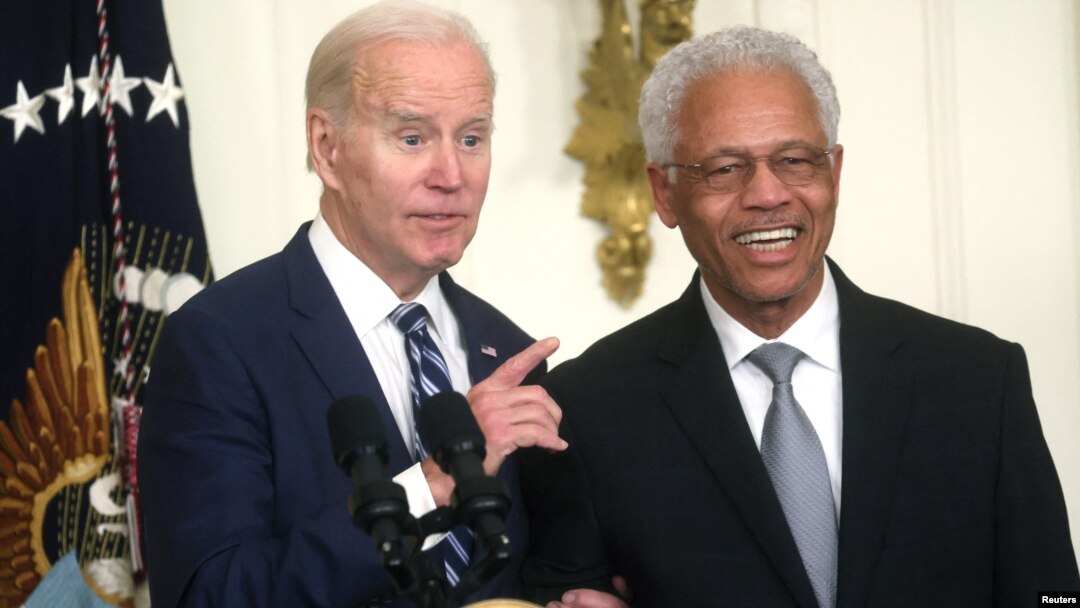"History matters and Black history matters," Biden said to an audience of Black Congress members and government officials. Americans "can't just choose to learn what we want to know," Biden said. They need to learn "the good, the bad, the truth and who we are as a nation," he said.
"We will not as a nation build a better future for America by trying to erase America's past," Vice President Kamala Harris said before Biden's remarks.
About 50 million Americans, or some 15% of the U.S. population, identify as "Black alone" or "with another race," the U.S. Census Bureau said in 2021.
Presidents in the past have often used the occasion of Black History Month to note the unfulfilled promises made to Black Americans.
Ronald Reagan declared the month a holiday in a 1986 Proclamation, saying "the American experience and character can never be fully grasped until the knowledge of black history assumes its rightful place in our schools and our scholarship."
Many Americans "struggle," Reagan noted, "for full and unfettered recognition of the constitutional rights of all."
Last week, Biden convened families of people killed in hate crimes for a screening of the movie "Till," about Emmett Till, the 14-year-old Black boy whose murder in 1955 galvanized the civil rights movement.
Biden's comments come as some conservative Republicans, most notably Florida Governor Ron DeSantis, are pushing for changes to the way Black history is taught in U.S. schools. DeSantis is a possible Republican presidential candidate in 2024.
Florida is also one of roughly 18 U.S. states that in recent years banned the teaching of critical race theory, a graduate-level concept that examines systemic racism.


